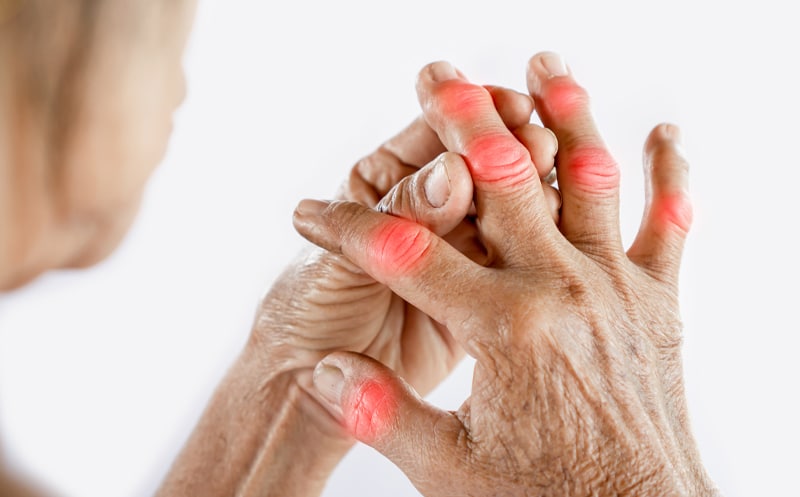Anxiety causes both psychological and physical symptoms. The symptoms can get so bad that it can interfere with day to day life and cause problems in school, on the job and within relationships. Here are some of the most common symptoms associated with anxiety disorders-
- Excess worry, panic, fear, or unease
- Restlessness
- Fatigue
- Muscle tension
- Sleep difficulty
- Concentration issues
- Cold, sweaty hands
- Shortness of breath and heart palpitations
- Nausea
- Concentration issues



















